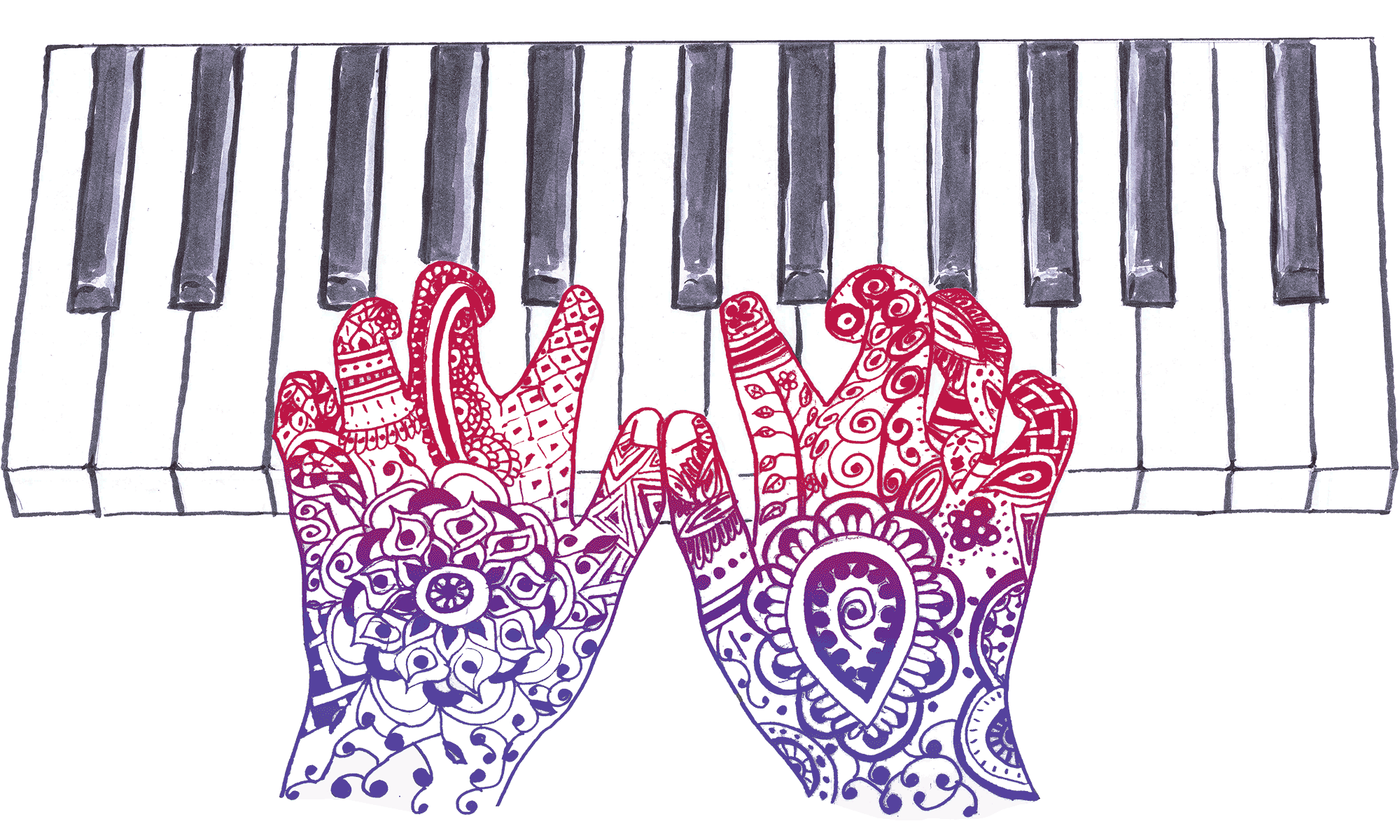As a private lesson teacher, this is a question that I hear a lot. Music education is an important part of a child’s education. It is because of my conviction in this value that I am a musician and an educator. There are many important life lessons in learning music and having music be a part of your life, in addition to its therapeutic value and ability to add happiness. I’ll go over reasons why this is true.
Eventually, it will be their choice how they want music to fit into their life, but giving your child a solid foundation gives them more opportunities in life (even as early as middle school). In competitive school application processes, music education can be a distinguishing factor for the selection committee considering a student for admission to middle school, high school and even university. It also gives them an edge when becoming part of band, chorus or other performing arts programs.
- Kids are not ready to make smart decisions on their own about the big things yet. If a child knows that there is an opportunity to escape from a struggle or a responsibility there *will* be a point when they’ll take it with no real thought of tomorrow. Take quitting off of the table. Focus on helping them accept that struggling is part of growing and learning and that commitment is part of getting good at something.
- Long-term success relies on the forming of good habits. Set reasonable practice expectations that you and your child can stick to and make them a regular part of your routine. Slow and steady really does win the race. Try to remove the guilt when you get off routine and allow yourself a break here and there for holidays etc. Just make sure that it’s temporary and not for large stretches of time.
- Music lessons should not be torture. If they are, find another teacher. An important part of a teacher’s job is to inspire. You can teach students through doing music they love. If they don’t know what they love, expose them to different things until something ignites that spark. Learning is way more effective and lasting when you have willing participants (both teacher and student).
- Recognize when ‘I hate this’ is coming from frustration or fear of failure and not actually from the thing they’re ‘hating’. No one likes to feel bad at something. Teaching music for over 20 years, I’ve had many a student complain about a song when it feels difficult (often a song they chose!) and then when they can do it, it becomes their favorite thing to play. Don’t allow them to say ‘I hate’. Make them replace it with something productive, like ‘I can do this’. Neuroscience has discovered that you can create the feeling you want to have by going through the action or the thought that goes with it (negative or positive).
- Institute a visible reward currency that they earn for practicing and can spend on screen time (or whatever they like doing). The idea of this is not bribery but to link work with reward. The currency should be mainly ‘time related’ not material. Use poker chips or something they can drop in a see-through container so they can see their work add up. This part is important. Kids need it to be tangible and visible in order for it to matter to them. You can tweak this, but this is the currency system my family uses:
1 white chip earned for practice or other things (walking the dogs, homework, dishes, etc.)
5 white chips equals a red chip
5 red chips equals a blue chip
1 red chip buys any one of the following: 1/2 hour of screen time and may be used consecutively
1 blue chip earns something extra special: go to a movie, trip to the craft/toy store etc. Generally 1 blue chip is worth roughly $25 in cash, but should be used in a pre-defined venue such as movies, toys, books, games, etc..
As a music teacher, the most common regret I’ve heard from parents is the personal regret that their parents allowed them to quit lessons. People often have this perspective even if they didn’t have a great experience with lessons. Most people enjoy music; learning it should tap into this joy and shouldn’t be the cause of driving students away from music. Practicing is a responsibility but it shouldn’t be a burden. Striking the balance between discipline and love is an important part of making music lessons be a positive addition to life and not a negative one.
